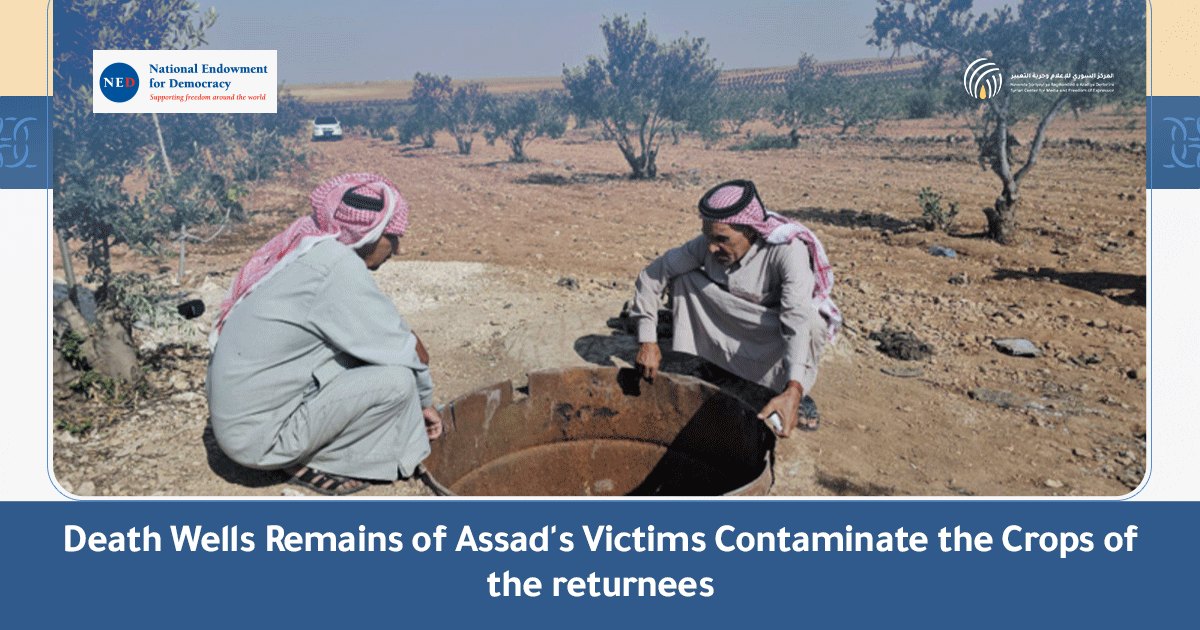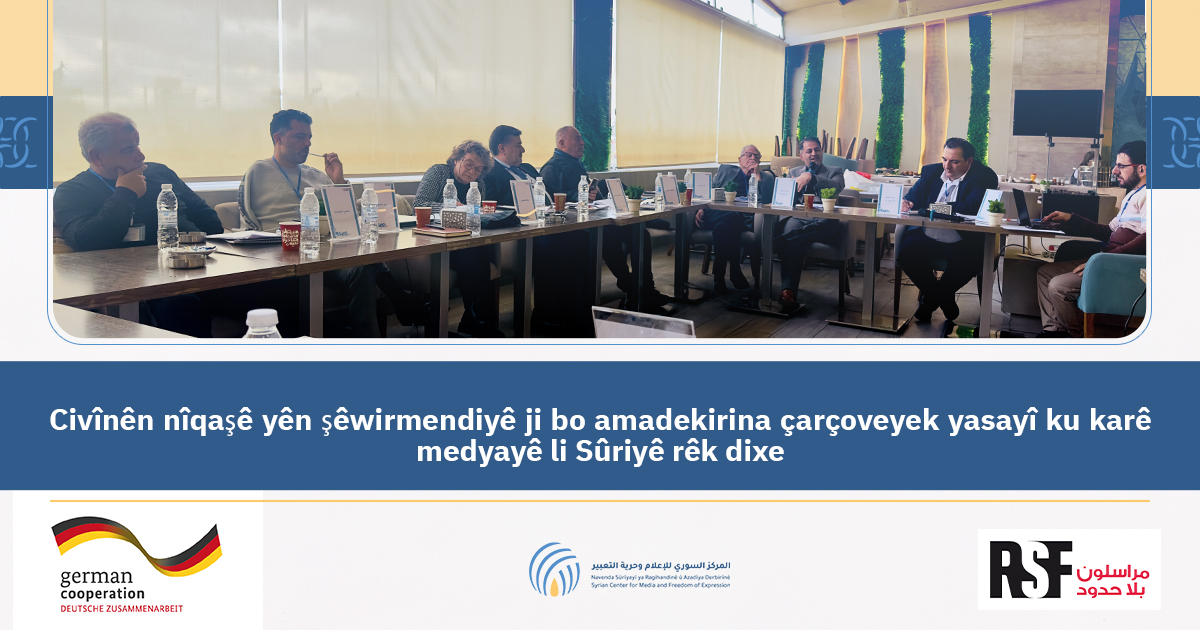The JRL seeks to guarantee respect for human rights, combat impunity and enable victims to achieve justice through:
- Enhancement of the culture of justice and accountability, managing their programs and spreading awareness of their importance.
- Strategic litigation for the accountability of grave human rights violations committed in Syria by all parties of the conflict, specifically through studying and implementing the principle of Universal Jurisdiction.
- Investigation, documentation, classification and preservation of evidence of human rights violations for the sake of utilizing it in the accountability efforts and interactions with international mechanisms.
- Seeking to develop its work to deal with violations and prosecution on the basis of legal underpinnings such as those related to children, sexual violence, torture and others.
- Working towards eliminate all forms of discrimination and persecution against the vulnerable and the marginalized groups.
- Supporting legal reform, law-making, policies and legislative frameworks to guarantee basic human rights for everybody in the society.
- Guaranteeing transitional justice process in Syria in line with international standards that ensure the representation, participation, and leadership of victims, women and marginalized Syrian groups in general.
- Building partnerships and corporations within the human rights and justice domains, and eliminating impunity.
- Enabling and training staff and organizations in the justice and human rights fields inside and outside Syria.
The JRL is planning to expand the good use of the principle of universal jurisdiction in European and other non-European countries in the near future.
Challenges
- Continuity: The JRL lacks financial and organizational stability due to lack of sustainable resources that guarantee the continuation of accumulated and interconnected activities. This financial shortfall specifically hinders building a long-term strategy, establishing connections between victims and the families and supporting its subsistence and its ability to affect decision-makers. It also makes it difficult to build comprehensive legal cases without the need for support or dependence on local partners.
- Reach: The unit has relationships and capacity that enable it to reach victims and witnesses in addition to gathering evidence. However, many difficulties make it beyond reach in many instances; lack of resources needed to secure required materials, protecting the people in question or the families or protecting the people performing such activities, to mention a few.
- Confidence: the unit exerts huge efforts during the process of searching and communicating with victims or the relatives or witnesses or others in question in order to enhance the confidence and the possibility of achieving justice, this is due to the accumulation of frustrations and losing faith in the process.
- Political constraints: in many instances, the unit faces indifferent or underestimating attitudes towards the issue of accountability and justice due to the general political direction towards settlement. Many state actors prefer to overlook the significance of achieving justice for the victims as a pivotal part of a sustainable and peaceful resolution in Syria. This negatively affects the availability of resources, effective networking and facilitation of the process of strategic litigation.
- Competitiveness: the unit does not seek to compete with any Syrian or non-Syrian organizations in relation to strategic litigation. On the contrary it seeks to share its expertise, knowledge and relationships with everybody for the purpose of supporting justice and accountability efforts. However, many organizations deal with this issue from a competitive perspective, depriving the litigation process of its essence and contributing to the loss of confidence in people working in this area by donors.
- Security: the nature of the unit’s work means that all parties to the conflict can be targeted, especially when dealing with sensitive cases or violations on high levels. This necessitates that team members are on high security alert in many cases.




